Global and Luxembourgish News: 3rd November.- 17th November 2025
Weeks 45-46: Global markets swung between relief and caution as the U.S. moved to resolve its government shutdown while tech stocks retreated on weak Chinese data and bubble warnings from the WEF.
OPEC+, sovereign debt risks and elevated valuations kept volatility elevated across equities, commodities and crypto assets.
In Luxembourg, new CRS reporting rules tightened financial compliance, while the government pushed for stronger EU innovation and competitiveness policies at ECOFIN.
Luxembourgish News
Luxembourg Pushes Innovation Agenda at ECOFIN
Picture: Stock Library
At the ECOFIN meeting in Brussels, Luxembourg’s Finance Minister emphasised the need for a stronger European framework to support digital investment, sustainability and long-term competitiveness. Luxembourg argued that Europe must accelerate its transition toward value-added sectors such as fintech, sustainable finance and advanced digital infrastructure. The country highlighted that global competition is intensifying, with both the U.S. and China heavily funding emerging technologies. EU ministers discussed how industrial strategy, capital markets and innovation funding can be better aligned to support growth across the bloc. Luxembourg’s stance reflects its goal to remain a leader in financial innovation and green finance, areas where the country has built strong expertise. Analysts say Luxembourg’s positioning is strategic as the EU enters a period of structural economic transition. The meeting signalled growing political momentum for coordinated reforms that strengthen Europe’s economic resilience.
Financial fact:
Luxembourg invests more than 1.2 % of GDP in R&D, placing it among Europe’s most innovation-driven small economies.
Source: Chronicle.lu
Luxembourg Tax Authority Updates CRS Guidance
Picture: Stock Library
The Luxembourg Tax Authority published updated FAQs on the Common Reporting Standard (CRS), introducing more detailed instructions for banks, asset managers and fiduciaries. The changes include new expectations around self-certification, monitoring of account-holder status and obligations for entities without a Luxembourg tax identification number. Financial institutions will need to update compliance procedures, increase documentation collection and strengthen internal audit mechanisms. Industry specialists say the update will likely require additional resources but ultimately improves reporting quality and regulatory clarity. Luxembourg’s financial centre has long positioned itself as a high-transparency jurisdiction, and the updated CRS guidelines align with international tax cooperation standards. The timing of the update also ensures that institutions can prepare for the 2026 reporting cycle with adequate lead time. Market participants broadly welcomed the clarity while noting the increased operational workload.
Definition:
CRS (Common Reporting Standard) is a global framework requiring banks and financial institutions to report non-resident account information to tax authorities.
Source: KPMG
Global News
Global Shares Rally on U.S. Shutdown Breakthrough
Picture: Stock Library
Global stock markets strengthened after U.S. lawmakers made significant progress toward ending the 40-day government shutdown, one of the most disruptive episodes for federal operations in recent years. The shutdown had already caused delays in economic data releases, reduced business confidence and strained public-sector services, increasing uncertainty for investors. As a resolution appeared increasingly likely, major indices in the U.S., Europe and Asia posted broad gains, with the S&P 500 up around 0.7 %. Bond yields also rose, reflecting expectations that government functions would resume and fiscal uncertainty would ease. However, economists noted that the shutdown's economic damage may still weigh on Q4 growth and consumer sentiment. Analysts also highlighted the deeper structural risk of recurring fiscal standoffs as U.S. debt levels continue to rise. Despite the relief rally, many investors remain cautious until longer-term budget reforms show progress.
Statistical Fact:
In 2025, each week of a U.S. government shutdown is estimated to cut GDP growth by 0.1 percentage points, showing how quickly political gridlock hits the economy.
Source: Reuters
Warnings Mount Over Potential AI, Crypto and Debt Bubbles
Picture: Stock Library
The World Economic Forum issued a warning that three major financial bubbles may be forming simultaneously: artificial intelligence, crypto assets and global sovereign debt. According to the WEF, investment flows into AI technologies have far outpaced measurable productivity gains, raising concerns that markets are pricing in unrealistic long-term earnings. Crypto valuations have surged sharply once again, fuelled by speculative retail trading, high leverage and optimism around new institutional products. At the same time, sovereign debt levels across advanced economies have reached their highest point since World War II due to persistent deficits and increased interest expenses. Economists caution that these trends make the global financial system more vulnerable to sudden reversals, particularly if central banks delay rate cuts or if growth slows unexpectedly. The overlapping nature of these risks could amplify financial shocks, making market stability harder to maintain.
Definition:
A financial bubble occurs when asset prices rise far above their fundamental value due to speculation, easy money or unrealistic growth expectations.
Source: Reuters
Global Markets Drop on Tech Sell-Off and Weak China Data
Picture: Stock Library
Global equity markets experienced a broad decline after major technology stocks sold off sharply and new Chinese economic data pointed to slowing industrial activity. Semiconductor, cloud computing and hardware manufacturers led the downturn as investors reassessed valuation levels that had risen significantly over the past year. China’s figures showed weaker investment flows and softer export momentum, raising fresh concerns about global supply-chain resilience. European indices, including the FTSE 100, fell by more than 1 %, while Asian markets saw parallel declines amid the risk-off shift. Analysts said the synchronous drop highlighted markets’ growing sensitivity to tech-sector earnings and Chinese demand trends. Safe-haven assets such as gold and government bonds saw renewed inflows as traders looked to reduce exposure to high-growth segments. The episode served as a reminder that despite strong YTD gains, equity markets remain vulnerable to macroeconomic shocks.
Financial Fact:
Tech stocks now make up more than 30 % of major U.S. equity indices, meaning even small corrections can pull global markets lower.
Source: The Guardian






